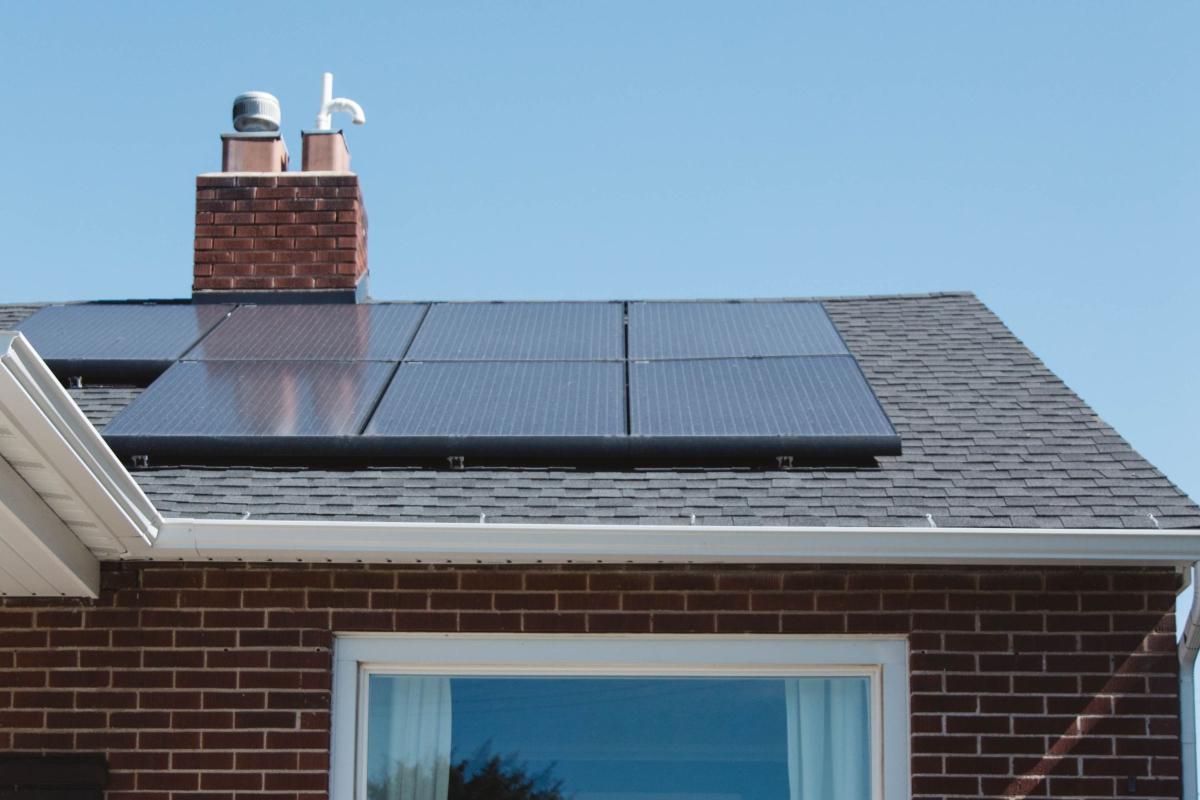Solar power has been in the news a lot in recent years, and there are good reasons. Interest in renewable energy has skyrocketed as concerns about climate change and switching to solar energy can have a substantial positive impact. Adding panels can also lower homeowners’ electric bills and increase property values. Many experienced contractors install them, and the cost often varies widely. While solar panel installation requires an upfront investment, homeowners can compare these costs to overall savings and determine how much solar energy will save them over time.
Solar Panels as an Investment
Thousands of homeowners searching for eco-friendly energy options look into solar panels, an excellent renewable energy source. But, customers also opt for solar energy because it can be a wise investment.
Solar panel contractors help customers determine installation costs and explain how systems work. For instance, many interested New Jersey homeowners click here to read about solar power features and benefits.
The question, “Are Solar Panels a Good Investment?” will differ for everyone., depending on issues such as location and various factors that contractors will outline.
Determining Upfront Costs
While there’s little doubt that solar power can lower energy costs in the long run, there are initial expenses, and it takes professionals to determine what those will be for each customer. According to Investopedia, average residential solar power installation costs range from $3,500 to $16,000.
Installation is the largest expense associated with solar panels, and professionals like EMT Solar can provide custom systems. The installation price of each project is influenced by the type of panels customers choose and their system’s size.
Other costs associated with adding solar panels include the price of an inverter that turns direct current to alternating current for household appliances. Installers also add metering equipment, various required components, and labor charges, according to realtimecampaign.com.
There are expenses involved in maintaining solar panels, but they are minor compared to installation expenses. A solar panel contractor will outline all costs and help each client determine their return on investment.
Can Solar Panels Pay for Themselves?
Solar panels can provide savings that more than offset original installation costs, but each homeowner must determine whether the option is a good investment for them by calculating costs vs. savings.
Per Consumer Affairs, location, tax credits, purchasing options, and the choice of panels all determine how much solar panels will save each customer. Homeowners should also consider their overall power usage.
The higher a customer’s current electric rate, the faster their system will save them money. Solar shoppers often break even on their investment within seven to eight years.
A solar contractor understands all the factors and calculations required to determine overall savings and how long it will take for solar panels to pay for themselves. Anyone considering installing a system should shop around, look for the best price, and work with professionals to determine their estimated payback period.
Thousands of homeowners have solar panels installed to provide renewable energy and help them save money. The initial installation costs vary widely, and each customer’s ultimate savings will differ. Solar panel contractors can help homeowners choose the best system for their needs and determine the return on investment if they choose solar panels.
Media Contact
Company Name: Realtimecampaign.com
Contact Person: Media Relations
Email: Send Email
Phone: 407-875-1833
Country: United States
Website: Realtimecampaign.com

